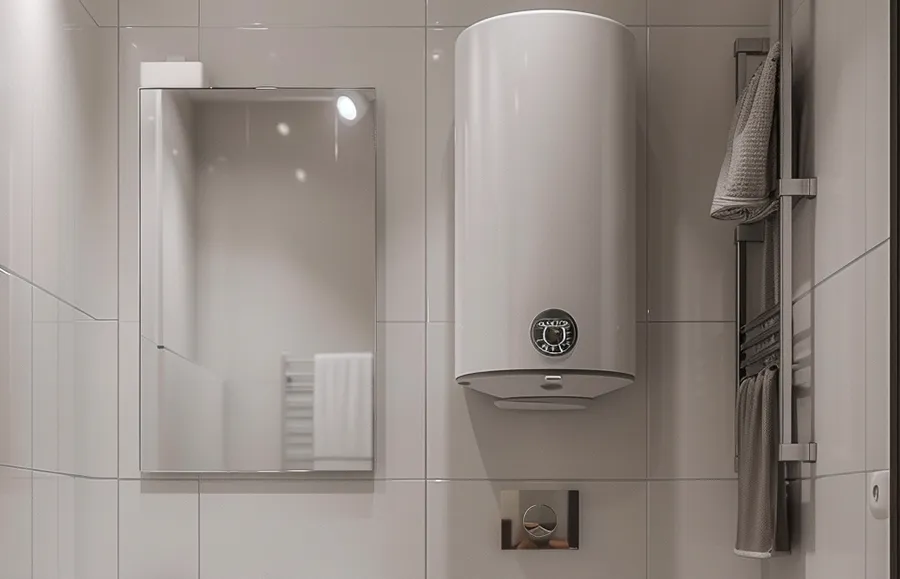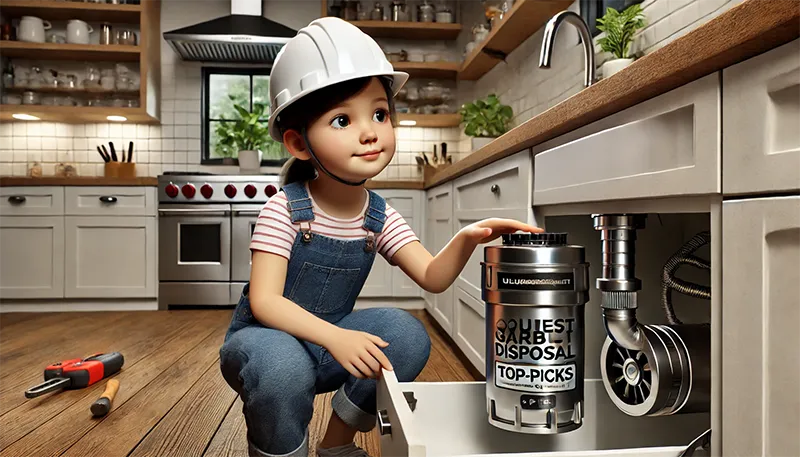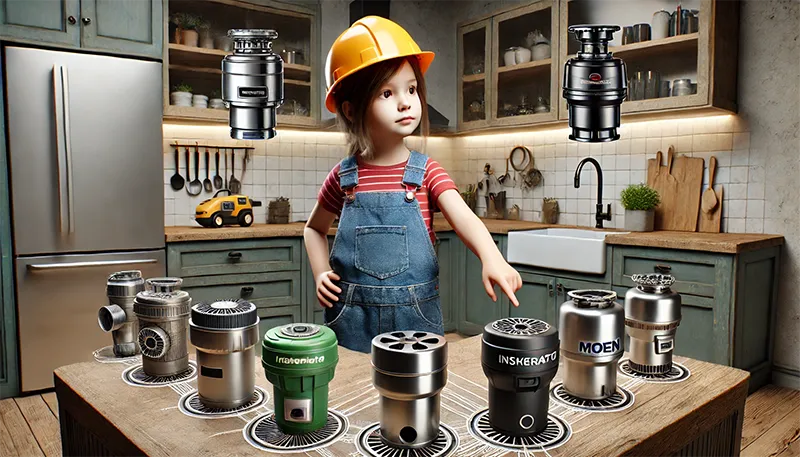Water heaters are an essential component of modern homes, providing the hot water needed for bathing, cooking, and cleaning. With over 90% of households in the U.S. relying on some form of water heater, understanding the different types and their functions is crucial for homeowners. Choosing the right water heater can be as vital as selecting the right vehicle—just as you wouldn’t pick a sports car for off-roading, you wouldn’t select a small tankless unit for a large family. In this guide, we’ll break down the basics to help you make an informed decision.
Types of Water Heaters
Storage Tank Water Heaters
These are the most common type of water heaters, featuring an insulated tank where water is heated and stored until needed. The tank size typically ranges from 20 to 80 gallons, depending on the household’s demand. Storage tank heaters operate by constantly heating water, leading to standby energy loss, though modern models have improved insulation to minimize this.
Tankless Water Heaters
Tankless, or on-demand, water heaters do not store water. Instead, they heat water only when needed, offering an energy-efficient solution that eliminates standby losses. However, their flow rate can be limited, meaning they might struggle to supply hot water to multiple outlets simultaneously in larger homes.
Hybrid Heat Pump Water Heaters
Hybrid Heat Pump Water Heaters use electricity to move heat from the air or ground to heat water, making them two to three times more energy-efficient than conventional electric water heaters. However, they require more space and are less effective in colder climates.
Solar Water Heaters
Using energy from the sun, solar water heaters are environmentally friendly and can significantly reduce energy costs. They consist of solar collectors and a storage tank, but their efficiency is highly dependent on the local climate and the availability of sunlight.
Components and Operation
Each water heater type has specific components that enable its operation:
- Storage Tank Heaters: Comprise a tank, thermostat, heating element (or burner for gas units), and pressure relief valve.
- Tankless Heaters: Include a heat exchanger, flow sensor, and controls to modulate temperature.
- Heat Pump Heaters: Feature a compressor, evaporator, and heat exchanger.
- Solar Heaters: Consist of solar collectors, a heat exchanger, and a backup system for cloudy days.
Understanding these components helps in maintaining and troubleshooting your water heater.
Factors to Consider When Choosing a Water Heater
When selecting a water heater, several factors come into play:
- Energy Efficiency: Consider the energy factor (EF) rating, which indicates the unit’s efficiency. Higher EF means more efficiency.
- Capacity: Ensure the heater’s capacity matches your household’s hot water needs. Larger families may need a higher-capacity storage tank or multiple tankless units.
- Installation Requirements: Tankless and heat pump units may have specific installation needs, like ventilation for tankless or additional space for heat pumps.
- Regional Considerations: Solar heaters are most effective in sunny climates, while heat pumps may be less efficient in colder areas.
Pros and Cons of Each Type
Storage Tank Water Heaters
- Pros: Lower upfront cost, simple to install.
- Cons: Higher energy consumption due to standby heat loss, limited by tank capacity.
Tankless Water Heaters
- Pros: Energy-efficient, compact design.
- Cons: Higher upfront cost, limited flow rate.
Heat Pump Water Heaters
- Pros: Highly energy-efficient, lower operating costs.
- Cons: Higher initial cost, requires more space, less effective in cold environments.
Solar Water Heaters
- Pros: Eco-friendly, reduces energy bills significantly.
- Cons: High initial cost, climate-dependent efficiency.
Tips for Maintenance and Troubleshooting
Maintaining your water heater ensures it operates efficiently and lasts longer. For storage tanks, regularly flushing the tank can prevent sediment buildup, which can reduce efficiency. Tankless water heaters should be descaled annually, especially in areas with hard water. Check the pressure relief valve on storage tank units annually to ensure it’s functioning correctly. For all water heaters, inspect and replace worn components like anode rods or heating elements as needed.
If you experience issues like inconsistent water temperature, unusual noises, or leaks, it might be time to troubleshoot or call in a professional. Regular maintenance can prevent many common problems and extend the life of your water heater.
When to Seek Professional Help
Some tasks, like replacing a heating element or installing a new unit, should be handled by professionals. If your water heater is older and requires frequent repairs, it might be more cost-effective to replace it with a newer, more efficient model. Additionally, if you’re unsure about the installation requirements or need help selecting the right water heater for your home, consulting a professional plumber can save time and ensure the job is done correctly.
FAQs
Q: How long do water heaters typically last?
A: Most water heaters last between 8-12 years, but regular maintenance can extend their lifespan.
Q: How do I know which size water heater I need?
A: Consider your household size and hot water usage. For example, a family of four may need a 50-gallon tank or a tankless unit with a flow rate of 7-10 GPM.
Q: Are tankless water heaters worth the investment?
A: They are more energy-efficient and can save money in the long run, but the initial cost is higher. They’re ideal for smaller homes or if you want to reduce energy consumption.
Q: What maintenance does a water heater need?
A: Regular tasks include flushing the tank (for storage heaters), descaling (for tankless units), and checking the pressure relief valve.
Q: Can I install a water heater myself?
A: While it’s possible, it’s recommended to hire a professional to ensure proper installation, especially for gas or electric units that require specific connections and safety precautions.
Conclusion
Understanding the basics of water heaters is crucial for making informed decisions about your home’s hot water needs. Whether you’re considering a new installation or maintaining an existing unit, being knowledgeable about the different types, their components, and maintenance requirements will help you keep your system running efficiently. Implementing these strategies can not only save energy but also prolong the life of your water heater.
By staying informed and proactive, you can ensure your water heater meets your household’s needs, saving both energy and money in the long run.



